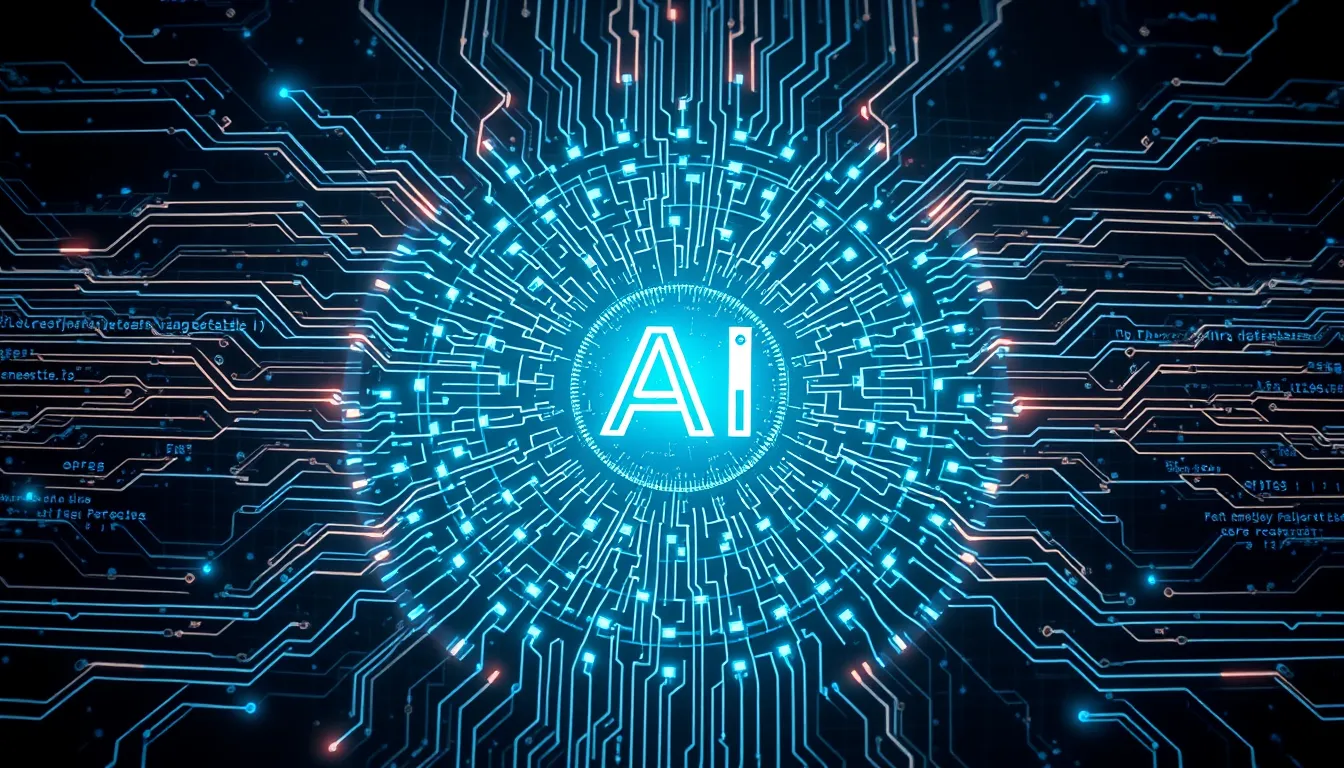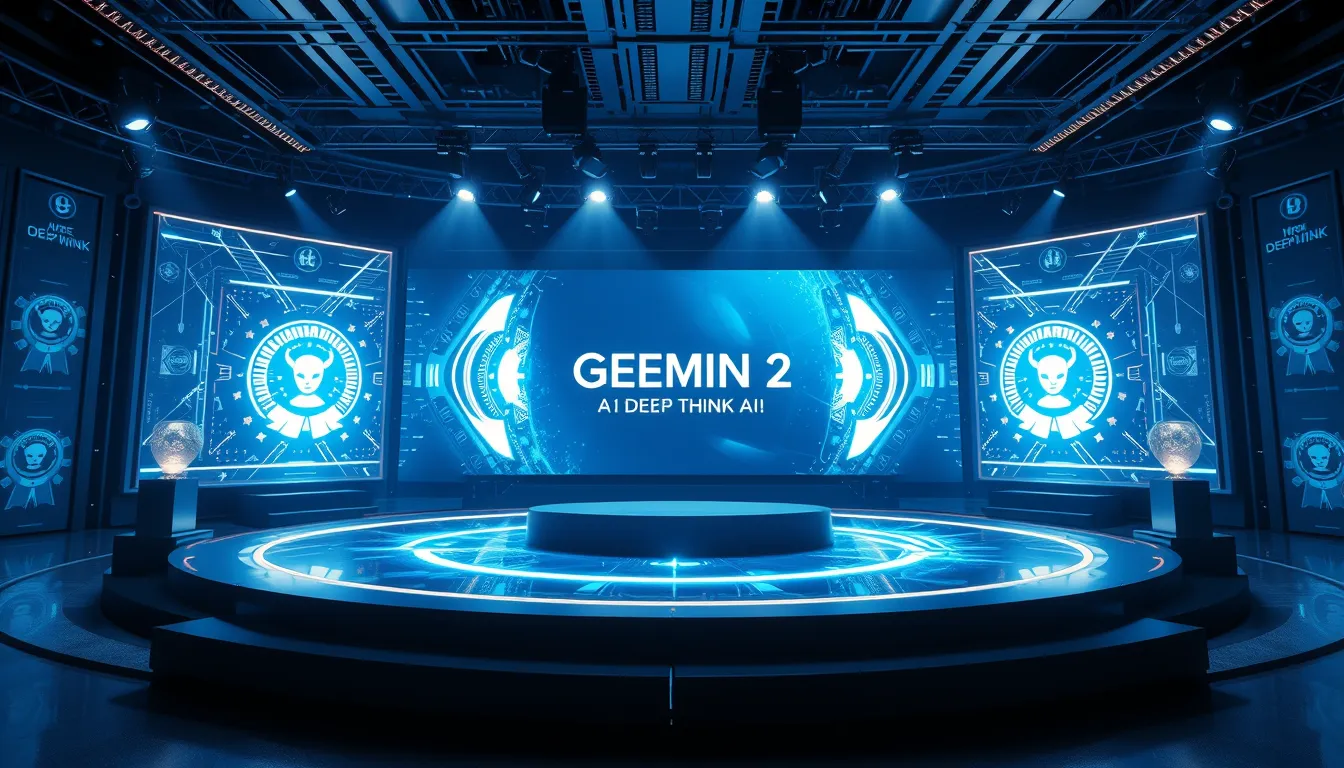Now Reading: Powerful AI in Healthcare Diagnostics: Boosting Patient Care
-
01
Powerful AI in Healthcare Diagnostics: Boosting Patient Care
Powerful AI in Healthcare Diagnostics: Boosting Patient Care

Powerful AI in Healthcare Diagnostics: Boosting Patient Care
Introduction:
Artificial intelligence (AI) in healthcare diagnostics is revolutionizing patient care. This technology is reshaping how medical imaging, disease prediction, and diagnostic accuracy are approached. By embracing innovations in AI, medical professionals can provide faster, more accurate diagnoses, leading to improved treatment outcomes. In this article, we explore the transformative impact of AI in healthcare diagnostics, how it improves medical imaging, the challenges in its adoption, and the future of AI-driven healthcare.
The Evolution of AI in Healthcare Diagnostics
The integration of AI in healthcare diagnostics has been a game-changer. Historically, diagnostic processes relied heavily on manual examinations and subjective interpretations. Today, AI-powered systems can quickly analyze complex data sets, improving the accuracy and speed of diagnoses. Companies in this sector are investing significantly in AI research, ensuring these technologies not only streamline procedures but also reduce human error.
Key Benefits of AI in Healthcare Diagnostics
Several benefits of AI in healthcare diagnostics are already evident, including:
- Enhanced Diagnostic Accuracy: AI systems analyze patterns in medical imaging with incredible precision, reducing misdiagnosis.
- Faster Data Analysis: Rapid processing of imaging data helps in delivering timely results and faster treatment decisions.
- Improved Patient Outcomes: Earlier and more accurate diagnoses lead to effective treatment plans and better patient outcomes.
These advancements ensure that healthcare providers can offer more personalized and effective treatment plans. For more detailed insights into AI applications in medicine, you may visit the official website of the National Institutes of Health.
How AI Improves Diagnostic Accuracy
One of the most compelling aspects of AI in healthcare diagnostics is how it enhances diagnostic accuracy. AI systems learn from vast datasets of medical images and clinical records, allowing them to detect subtle patterns that might be missed during manual analysis. For instance, AI in medical imaging uses deep learning algorithms to identify early signs of cancer and other diseases, significantly improving early intervention outcomes.
Addressing the Challenges of AI in Healthcare
While AI brings numerous benefits, its integration in healthcare is not without challenges. Some of the primary challenges include:
- Data Privacy and Security: Protecting patient data is paramount. Healthcare providers must establish secure protocols to ensure that sensitive information remains confidential.
- Integration with Legacy Systems: Many healthcare environments still rely on older systems. Incorporating modern AI solutions requires seamless integration with existing technologies.
- Skill Gap in the Workforce: As AI continues to grow, there is a need for training and education to equip professionals with the necessary skills to leverage these technologies effectively.
Despite these hurdles, efforts are underway to align education and cybersecurity measures with the demands of modern healthcare. Collaborative initiatives between technology companies and healthcare organizations are paving the way for more secure and integrated systems.
The Future of AI in Healthcare Diagnostics
The future is bright for AI in healthcare diagnostics. The steady advancements and increasing adoption of AI technologies suggest that the trend will continue to rise. In the coming years, we can expect:
- Wider Adoption: More healthcare institutions are expected to incorporate AI for various diagnostic applications.
- Enhanced Collaboration: Partnerships between technology providers and medical institutions will drive innovation further.
- Policy and Regulation Advances: As AI technology becomes more prevalent, consistent regulations will support its ethical use and data protection.
These projections underline the importance of continuous research and the integration of ethical frameworks to guide the use of AI in diagnostics. By focusing on addressing current challenges, the medical community can harness the full potential of AI.
Conclusion
AI in healthcare diagnostics is transforming the landscape of patient care. The journey from manual diagnostics to AI-driven analysis marks a significant improvement in how diseases are detected and treated. Embracing advancements like AI medical imaging and AI disease prediction not only boosts diagnostic accuracy but also enhances the overall quality of care.
In summary, the transformative power of AI in healthcare diagnostics lies in its ability to integrate technology and patient care seamlessly. For further reading and updates on AI advancements, consider visiting reputable sources like the Mayo Clinic and WebMD.

























